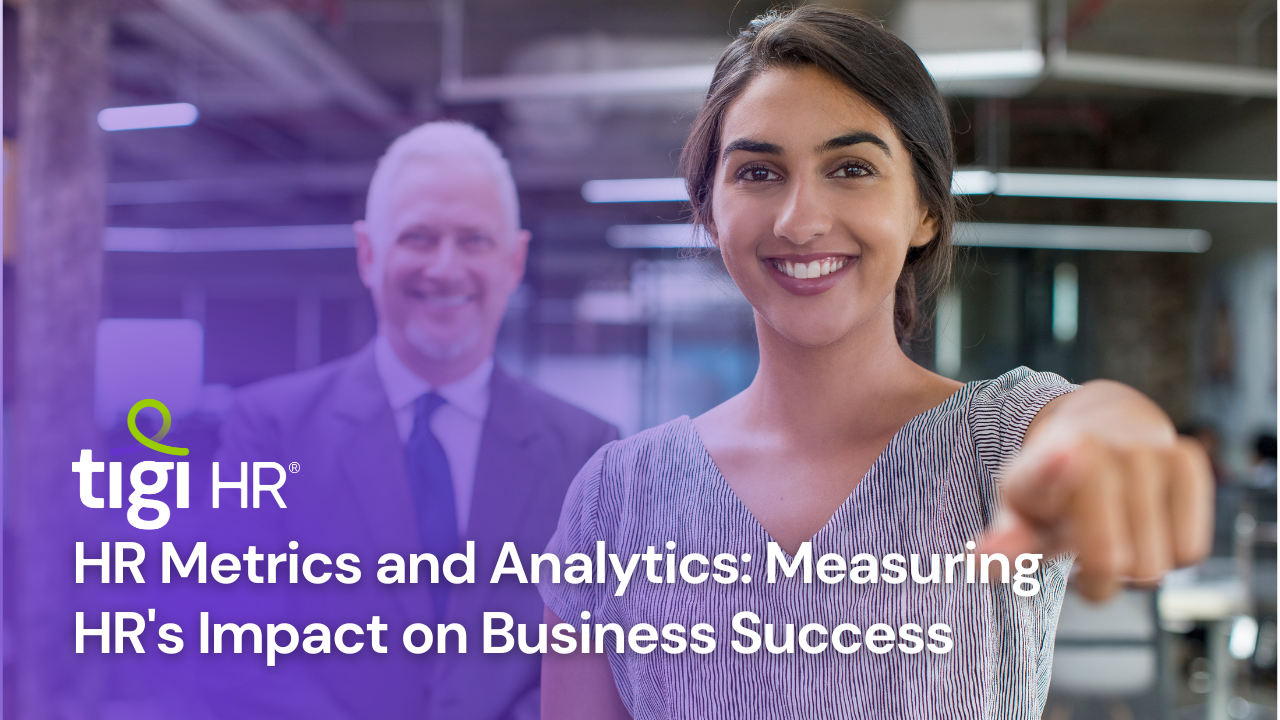In the ever-evolving landscape of modern business, Human Resources (HR) has undergone a remarkable transformation. It’s no longer confined to the role of a mere administrative function; instead, HR now stands as a strategic force that significantly impacts an organization’s success. This transformation is powered by HR metrics and analytics, which offer valuable insights into HR’s influence on business outcomes. In this article, we delve into the dynamic realm of HR metrics and analytics and how they are reshaping the corporate landscape.
The Shift in HR Metrics
Gone are the days when HR success was measured solely through conventional metrics like turnover rates and training hours. While these metrics provide basic insights, they often fall short in capturing the full spectrum of HR’s contribution. Today, HR metrics have evolved into a multifaceted toolset, encompassing a wide range of Key Performance Indicators (KPIs) that encompass workforce diversity, employee engagement, and talent retention.
These expanded metrics provide a holistic view of HR’s impact on an organization, offering a more comprehensive understanding of how HR strategies align with overall business objectives.
The Rise of HR Analytics
HR analytics takes the foundation laid by metrics and elevates it to new heights. It involves harnessing advanced data analysis techniques to uncover hidden patterns, trends, and correlations within HR data. With HR analytics, businesses can make data-backed decisions that drive growth and success.
One of the most transformative applications of HR analytics is in talent acquisition. By analyzing historical hiring data, HR professionals can identify the characteristics and traits that correlate with top-performing employees. This insight enables them to fine-tune recruitment strategies, ensuring they attract candidates who are more likely to contribute to the organization’s long-term success.
Furthermore, HR analytics offers predictive capabilities, allowing organizations to anticipate future workforce needs. This foresight is invaluable for addressing talent gaps and planning for expansion. It also plays a pivotal role in succession planning, guaranteeing that leadership positions are filled with capable individuals poised to lead the organization to prosperity.
Measuring the Intangible: Employee Engagement
Employee engagement, a seemingly intangible metric, is a pivotal factor in driving business success. Engaged employees are more productive, creative, and committed to the organization’s objectives. HR analytics tools now enable the measurement of employee engagement through surveys, feedback mechanisms, and performance evaluations.
By dissecting this data, HR professionals can pinpoint areas where engagement is lacking and proactively implement measures to enhance it. This may involve reevaluating management practices, enhancing communication channels, or fostering a more inclusive workplace culture, all of which contribute to improved engagement and, consequently, business success.
Diversity and Inclusion Metrics
Diversity and inclusion have transitioned from mere corporate buzzwords to critical elements of a thriving organization. HR metrics now include gauges for diversity, tracking the representation of different demographics within the workforce, and inclusion, which measures how employees from diverse backgrounds experience the organization’s culture.
HR analytics unveils the true impact of diversity and inclusion initiatives, revealing their effects on employee satisfaction, innovation, and overall performance. Companies that prioritize diversity and inclusion tend to enjoy a competitive edge in attracting top talent and catering to diverse customer bases, thus amplifying their potential for long-term success.
Conclusion
HR metrics and analytics represent the cornerstone of the modern HR landscape. They have evolved from simplistic measures of HR activities to sophisticated instruments that propel business success. Whether it’s evaluating employee engagement, optimizing talent acquisition, or championing diversity and inclusion, these data-driven tools allow HR to demonstrate its strategic significance in achieving overarching business goals.
In today’s data-centric world, HR professionals have morphed into strategic partners rather than mere administrators. As the HR role continues to evolve, the utilization of metrics and analytics will become increasingly critical in showcasing HR’s instrumental role in steering businesses toward unparalleled success.
We are hiring for Hubspot Developer!
Seeking a skilled HubSpot Developer to fuel our marketing engine. Customize and optimize HubSpot for seamless customer experiences. Automation, data management, and marketing prowess required. Join our team and revolutionize our growth strategies. Let’s create lasting connections with our customers and lead the way in inbound marketing.
Find trusted recruitment agencies : Click here





